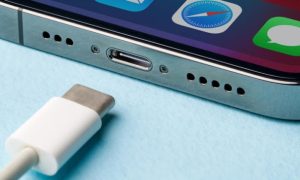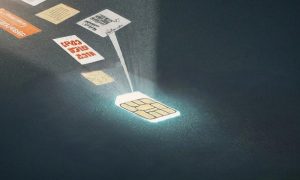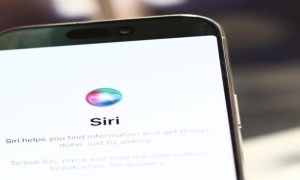To enhance the security of the U.S. monetary system, the Bureau of Engraving, the Secret Service, and the Advanced Counterfeit Deterrence (ACD) Steering Committee have introduced a new policy that took effect in October. Under this initiative, U.S. stores, businesses, banks, and ATMs are required to reject certain dollar bills classified as “mutilated.”
Read More:- Rupee holds ground; cenbank intervention counters outflows, dip in Asia FX
The Federal Reserve currently issues seven denominations of U.S. currency: $1, $2, $5, $10, $20, $50, and $100. While higher denominations like $500, $1,000, and $10,000 bills have long been out of production, they remain legal tender and continue to circulate. However, as with all other denominations, these larger bills will now only be rejected if they are deemed “mutilated” under the new guidelines.
How can you tell if your dollar bill is “mutilated”?
According to the Federal Reserve, banknotes are commonly classified as “mutilated” due to damage caused by fire, improper handling, or natural deterioration – often from being buried. This includes bills with cuts, torn edges, or significant discoloration.
Read More:- Warren Buffett: 6 Best Pieces of Money Advice for the Middle Class
What can you do with your “mutilated” dollar bills?
You will have to contact the Bureau of Engraving and Printing directly. It will require filing a mutilated currency claim. The Bureau of Engraving and Printing provides a step-by-step guide to redeeming mutilated currency.
“The BEP will evaluate the note. They have special tools to examine the authenticity and assess the full value of the note. After they do that, they can issue a check back to the consumer,” a Fed currency representative explains.
Read More:- Hedge Funds Shorting Tesla Just Lost More Than $5 Billion

When will new designs be in circulation?
As part of the effort to enhance security, the Federal Reserve is also planning to roll out redesigned versions of the $5, $20, $50, and $100 bills.
The updated $50 bill is scheduled for release in 2028, followed by the $20 bill in 2030. The $5 bill is expected to debut between 2032 and 2035, while the redesigned $100 bill is projected to launch between 2034 and 2038.
How to detect a counterfeit banknote?
According to experts from El Cronista, to identify if your dollar bill is real, you must detect the following characteristics:
- Light-resistant security thread with the inscription “USA”
- 3D security strip that changes when tilting the bill
- Ink that changes color in the lower right corner
- Watermark when observing the bill against the light
- Microprints around the bill
- Embossed printing that gives texture to the bill

























